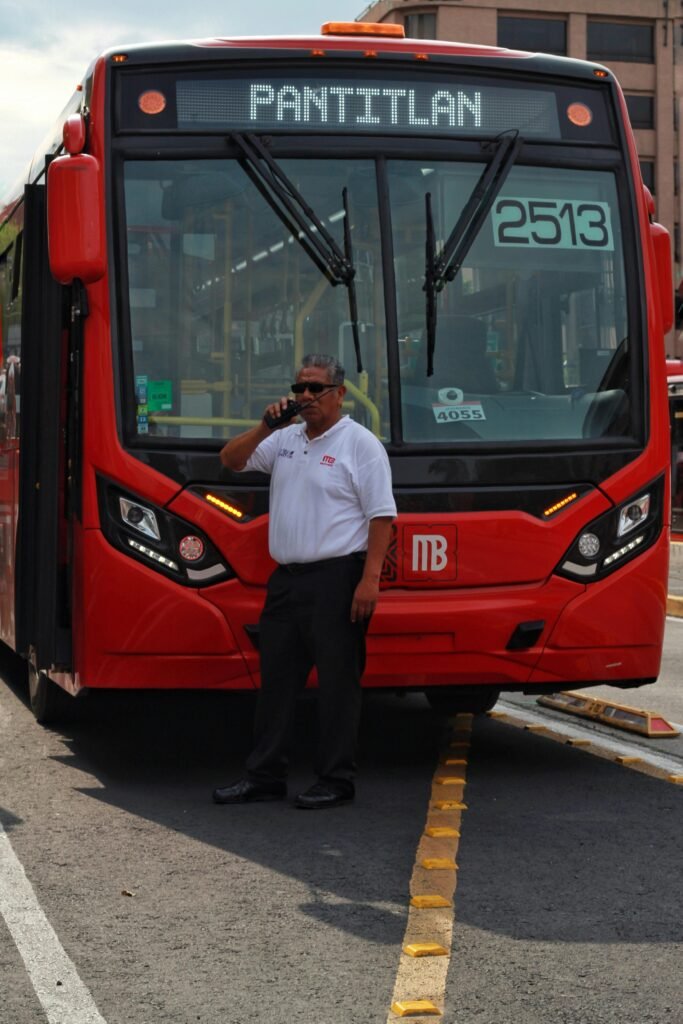Subtotal $0.00

**Introduction**
London’s iconic red buses are more than just a mode of transportation; they are a symbol of the city itself. At the heart of this bustling network are the bus drivers, who navigate the streets tirelessly, rain or shine, to keep London moving. However, an untold story has emerged—one that reveals the struggles these essential workers face daily due to poor treatment from their employer, Transport for London (TfL), and a lack of understanding from the public.

**The Backbone of Public Transport**
Bus drivers are the backbone of London’s public transport system. They are responsible for safely driving thousands of passengers every day, often in challenging conditions. Despite the immense responsibility they carry, many drivers report feeling undervalued and mistreated. High-pressure environments, long hours, and inadequate support combine to create an atmosphere where drivers feel like they are treated as mere cogs in the machine.
**A Case Study: The Everyday Realities of Bus Drivers**
Take the story of James, a London bus driver with over a decade of experience. James often begins his shifts before dawn, spending hours behind the wheel, dealing with traffic, unpredictable passenger behavior, and strict schedules that leave little room for delays. “It feels like passengers sometimes see us as just a number, not as people with lives outside of work,” he shares.
Despite their tireless work, drivers often face the brunt of public frustration. A delay can result in comments that strike deep, and when incidents occur, drivers are sometimes blamed without consideration for the circumstances. The pressure can be immense, leading to mental health struggles and a feeling of isolation from both their employer and the public.

Moreover, many drivers report a lack of basic support from TfL—whether in the form of mental health resources or practical assistance regarding their working conditions. When was the last time a bus driver received a simple thank you from passengers or employees at TfL? The question underscores a larger issue: the need for mutual respect and understanding.
**The Changing Attitude: Why It Matters**
For the relationship between bus drivers, TfL, and passengers to improve, several adjustments must be made:
1. **Enhanced Communication**: There needs to be a campaign to raise awareness about the role of bus drivers and the challenges they face daily. Understanding their plight could foster greater empathy from passengers.
2. **Mental Health Support**: TfL should prioritize mental health resources for drivers. Offering counseling services, stress management workshops, and open forums to discuss issues would show drivers that their well-being is valued.
3. **Improved Working Conditions**: Real change must come from structural support, ensuring that drivers aren’t overburdened with unrealistic expectations. This includes manageable shift lengths and adequate rest breaks.
4. **Passenger Respect Campaign**: Just as TfL could benefit from communicating drivers’ experiences, a campaign that encourages passengers to respect and appreciate their bus drivers could shift public perspective dramatically.

**Conclusion: A Call for Change**
The story of London bus drivers like James is not just one of hardship; it is a call to action. As London continues to grow and evolve, the treatment of those ensuring its transportation network runs smoothly must also change. It is time for TfL and the public to re-evaluate how bus drivers are treated and to foster a culture of respect and understanding. After all, the people behind the wheel are not just drivers—they are a vital part of the London community, deserving of dignity, support, and recognition.
Let’s work together to ensure the unsung heroes of our city receive the respect they deserve.





